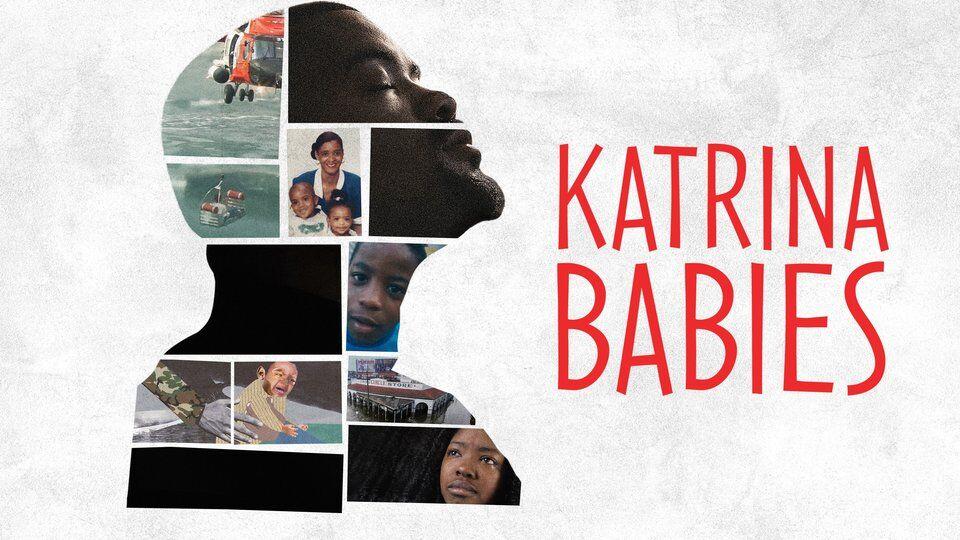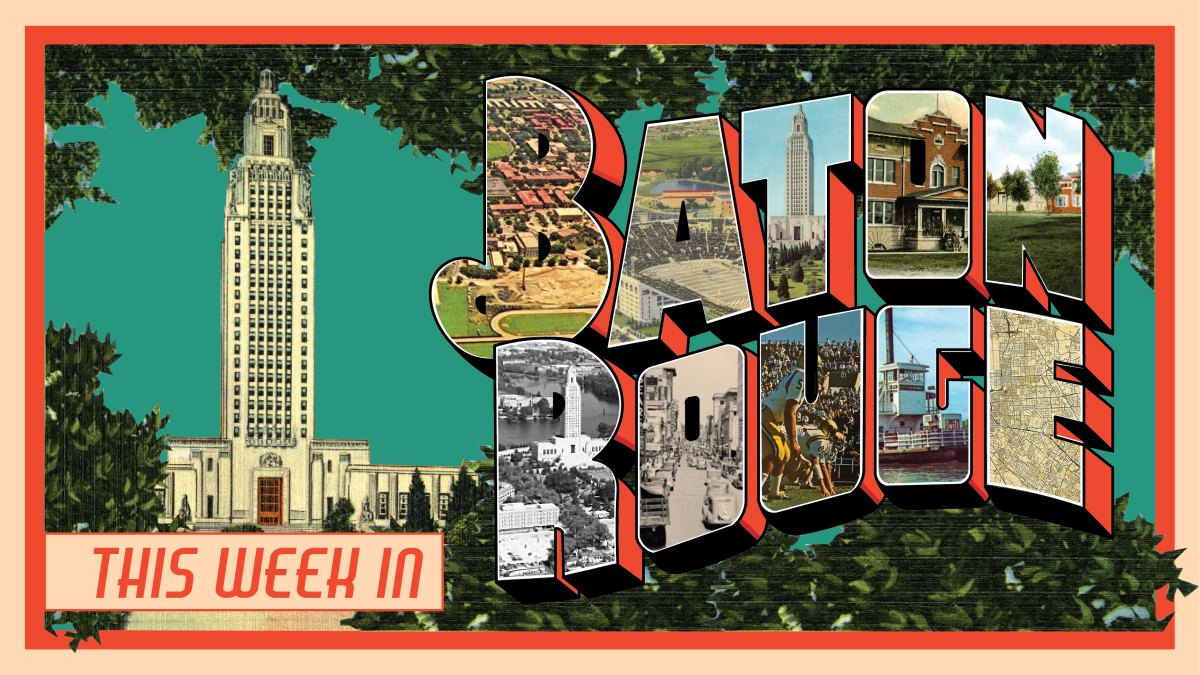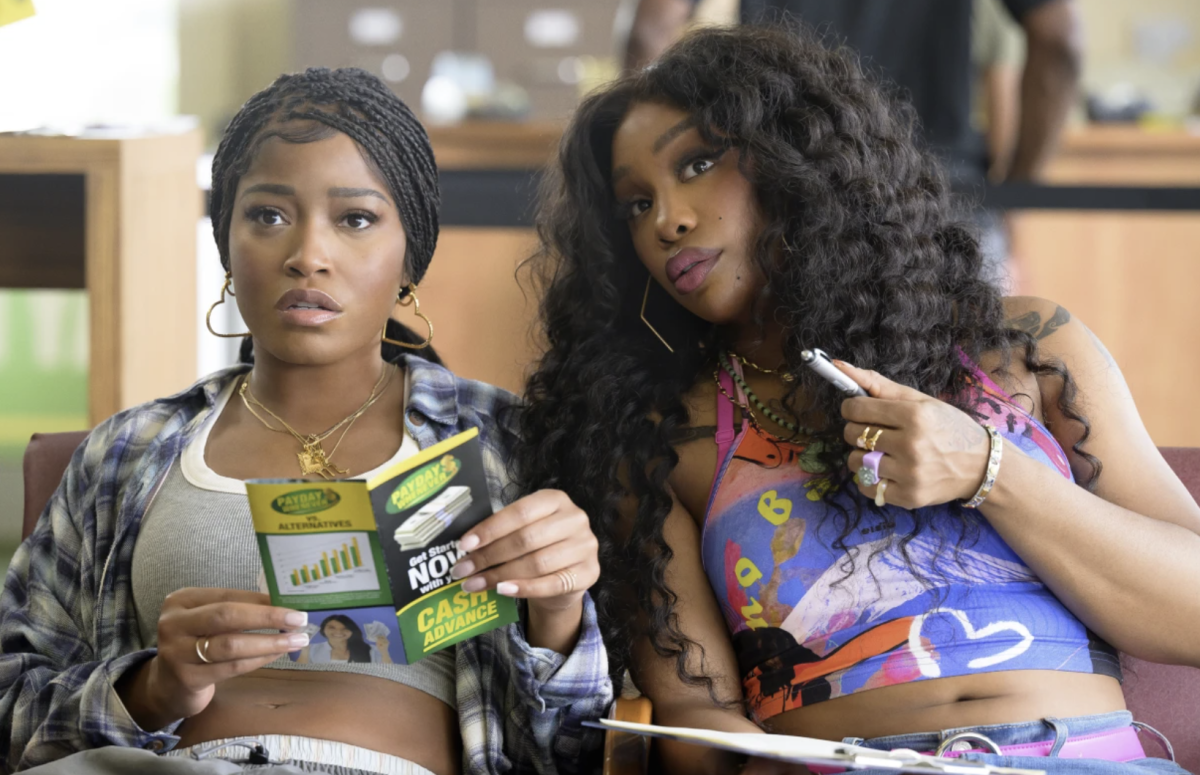Edward Buckles Jr., director of the HBO Documentary “Katrina Babies”, recently visited the LSU Digital Media Center for a screening of the film with a Q&A session to follow.
“Katrina Babies” depicts the story of Buckles, his relatives and many others who were displaced by Hurricane Katrina in August 2005. In creating this film, Buckles aimed to provide an unbiased perspective of the lasting damage the natural disaster had on black New Orleans natives.
Upon watching the documentary, you will see the once normal lives of black New Orleans natives permanently altered. Some of those interviewed for the documentary had never spoken about the impact it had on them until now.
“After losing so much, why wouldn’t anyone ask if we were okay?” Buckles asked in a voiceover of the film. “Nobody ever asked the children how they were doing.”
Buckles spoke of his desire to inspire young black people to open up about how they feel.
“As black youth, we may tend to suppress our emotions and trauma because we’re not taught to speak up about them,” Buckels said. ”They were definitely my biggest target audience.”
“Katrina Babies” also attempted to paint a more vivid picture of how a lack of action from local and federal agencies caused the post-Katrina situation to worsen. In the documentary, you see countless people that were left for with little aid and support and had to restart their lives from scratch.
As the scenes that many initially avoided, such as people waving on their roofs for help and looting stores to avoid starvation, flashed across the screen, the film depicted how much of a toll Hurricane Katrina took on those affected.
“I want everyone who had some sort of power in this ordeal to know that we are still dealing with the trauma of that storm, and it needs to be addressed,” Buckles said. “This film is my message to them. They should use it as a resource for addressing trauma amongst a collective, and having measures set in place like they do for the white and wealthy.”
“Katrina Babies” attempts to start long overdue conversations about the trauma Black people have faced and give those impacted a voice. The film can be streamed on HBO Max.
“The reason that you should care about what happened in New Orleans in 2005 is because it can also happen to you,” Buckles said.







